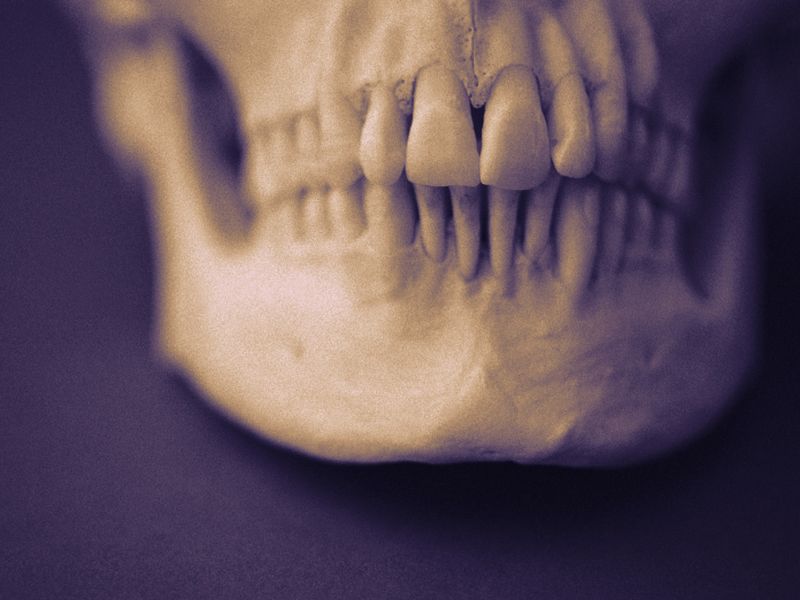
Teenagers often struggle with questions of identity. For adopted teens, the struggle may be harder than it is for their non-adopted peers. When dealing with questions of identity, the Children Welfare Information Gateway suggests: Talk to your teen about his or her birth parents. Develop a lifebook of personal history. Connect the youth to cultural,… read on >


















